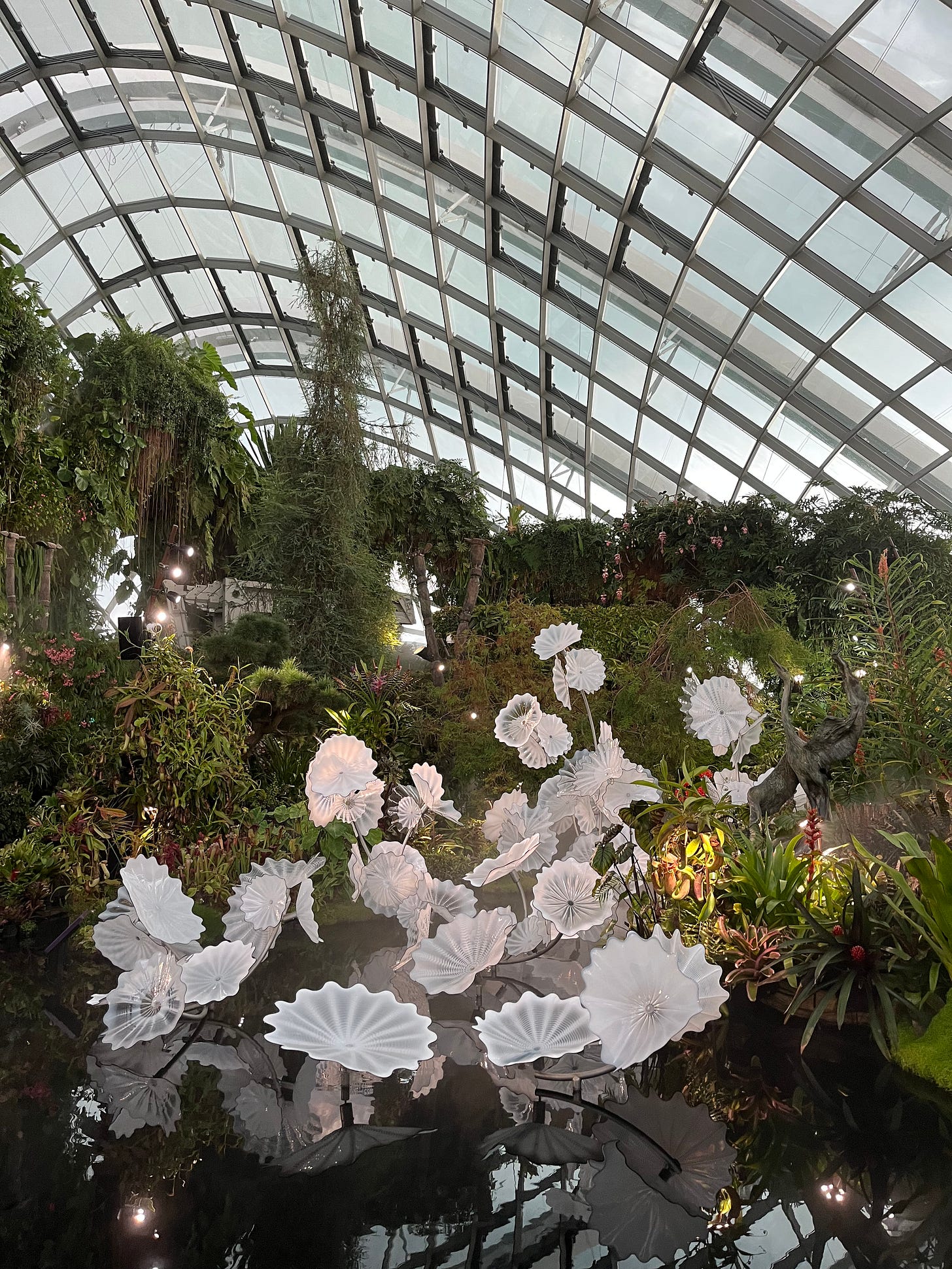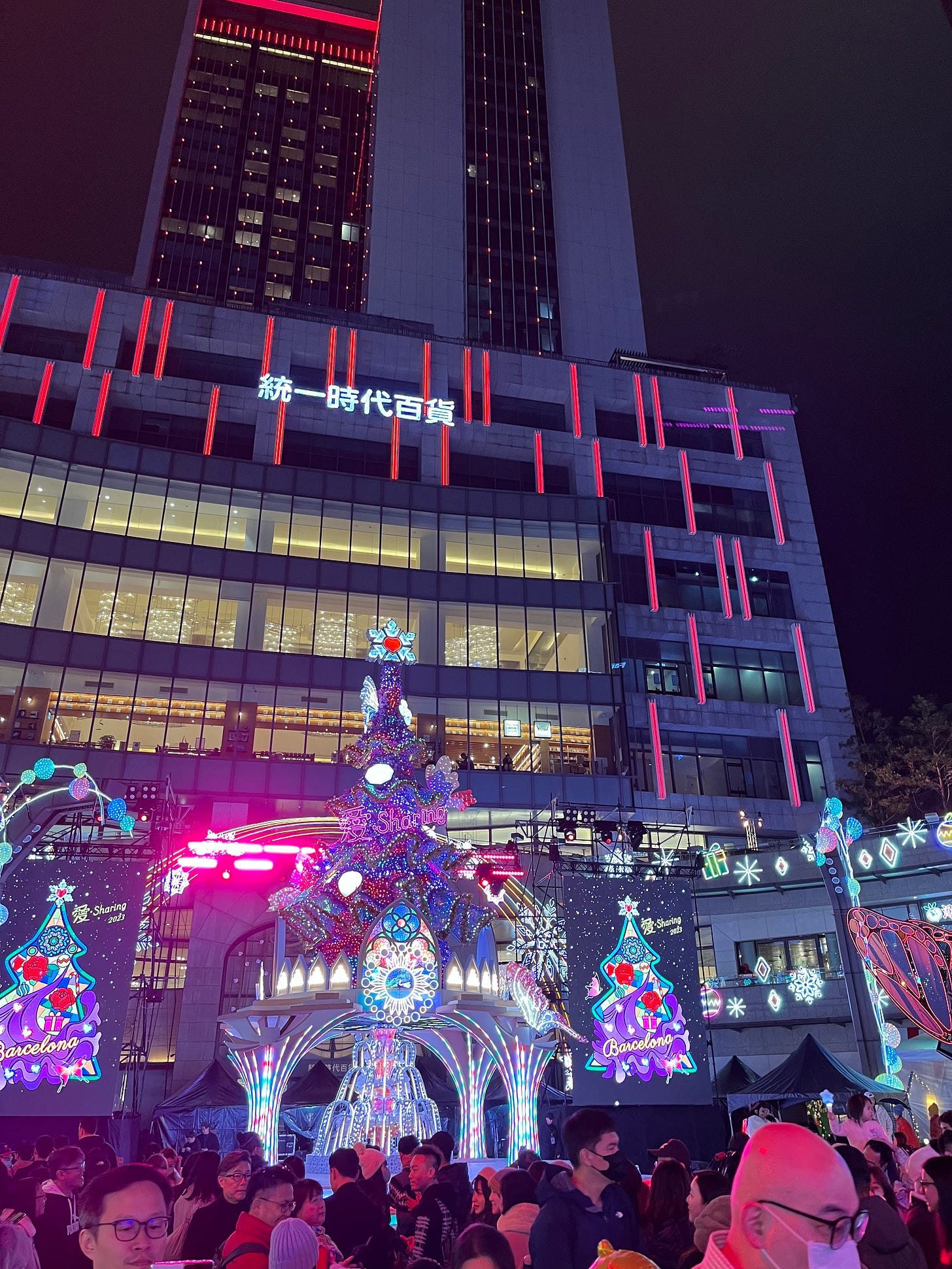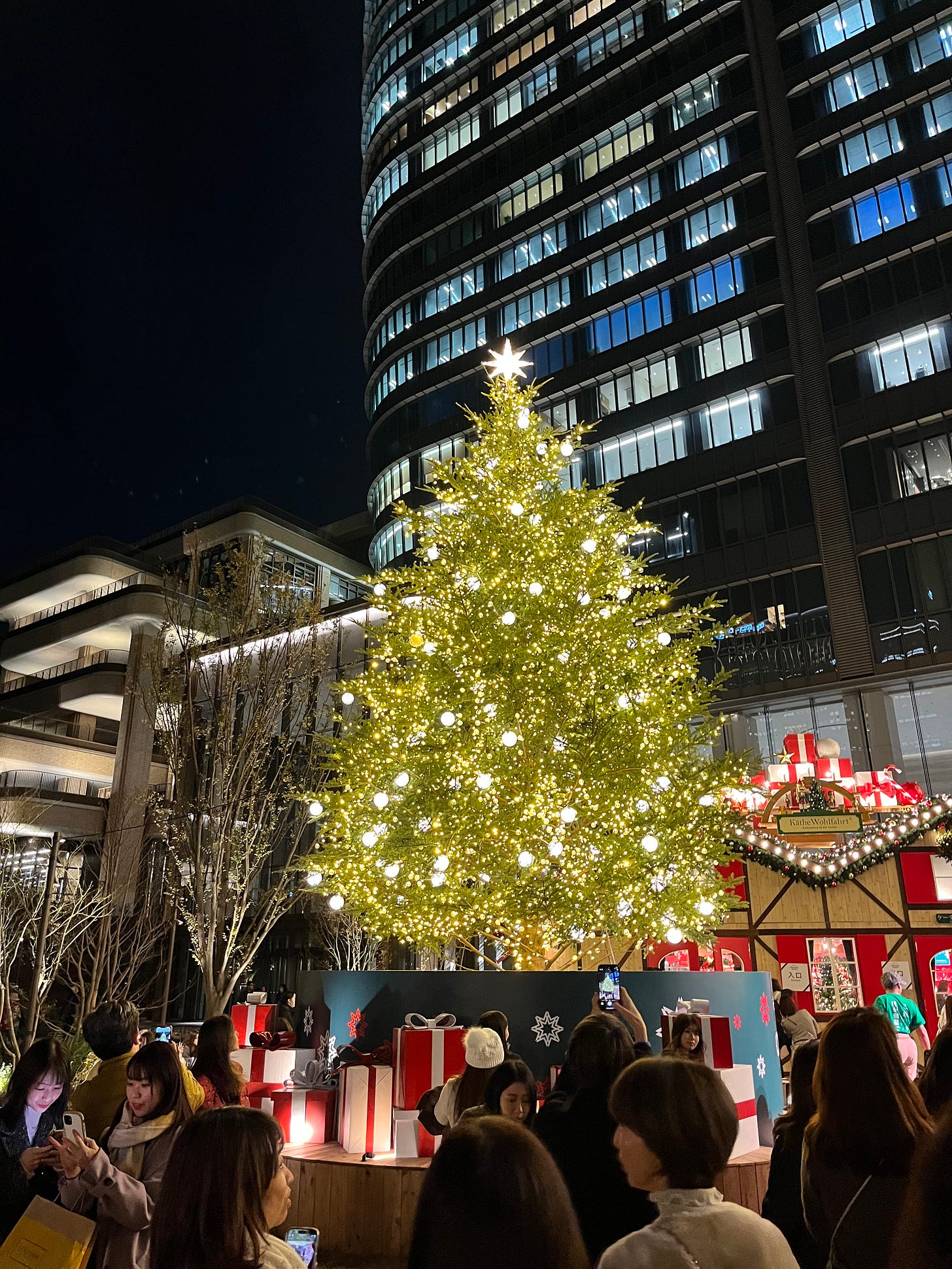Imagine you’re in a major U.S. city like New York or San Francisco. You walk in a into the subway, or any public tunnel or stairwell. Breathe in. What do you smell? Urine. Or the sharp smell of cleaning chemicals that barely mask the urine. You may even see the original source of the urine unconscious in a heap of trash, or ranting at unseen others.
When I first visited Singapore last year, I kept bracing myself for the smell. Singapore has many underground walkways like the one connecting my hotel to the subway. But that urine smell never hit. Welcome to the Zeroth World: advanced, high density, high trust, low crime, clean and vibrant with world-class public transit.
Last year, I spent some time in “Zeroth World” cities including Singapore, Taipei and Tokyo. I’m sad to report that in comparison to the Zeroth World, San Francisco looks, feels and is functionally equivalent to a third world country. It’s a once-advanced city that’s falling into ruin as bloated bureaucracy, corruption, left-NIMBYs and bored housewives stand in the way of efficiency and progress in order to maximize their individual gains. Or feed their own egos about how progressive they are. Businesses large and small are shuttering, including the flagship Macy’s in Union Square. Street conditions worse than those we associate with the world’s poorest nations are common downtown. I say this not to add to the genre of “San Francisco is so over” angst pieces, but to emphasize that we need to be honest with ourselves if we aspire to change our trajectory.
Now imagine: It’s 9 p.m. on Christmas Eve, you’re in the street of any major Western city. London, Paris, New York. You’re walking in a normally busy shopping district. What do you see? Every shop is closed. Zero restaurants open. No one’s in the streets except a few homeless people. Completely dead. Depressing. No wonder suicide risk goes up during the holidays.
What would you have seen this Christmas Eve in the Xinyi shopping district near the Taipei 101? Streets filled with people, walkways draped in twinkling lights, buskers, k-pop groups performing, peddlers selling light-up headbands with mini reindeer horns, crowds gathered to watch and sing along. An Instagram opportunity every block: a multiple-story tall fully lit Christmas tree, a flower tunnel, a rave-replica of Barcelona. Stores still open.
Similarly, in Tokyo, they set up Christmas markets in the most charming Japanese way: with attention to detail and care for authenticity. One near my hotel had about eight different kinds of German würste. I didn’t even recognize most of them. Vendors also sold “party bretzels” bigger than my head, glühwein, and traditional wooden Christmas decor. Every stand had a long line, and the locals seemed truly delighted with all of it.
What I didn’t see was homeless people. I also didn’t see anyone obviously on drugs. Nor did I witness a single person shoplifting. The public transit was clean, modern and fast — not a rolling insane asylum. There were no cages for laundry detergent or alarmed locks on liquor. I felt safe at all times, no matter where I went or how late the hour.
Sometimes people ask me on Twitter: “If Asia’s so great, why don’t you go back?” Leaving aside the fact that I was born in the U.S., this is the wrong question. Why would we in the United States settle for our backwards ways? Why wouldn’t we strive to advance to join the Zeroth world instead?
How can we get there from here?
A manual on that could fill a book or several. But what each of us can do today is ask ourselves with every vote, with every action: “Does this get us closer to becoming a Zeroth world country?” To simplify further, ask “What behavior does this policy incentivize?” Then be honest about whether that behavior brings us closer to being a member of the Zeroth world.
The recent March 5 election in San Francisco provides some useful examples.
Public safety is foundational to a functioning society. That means police funding must be a priority and our policies should maximize their ability to solve crimes. Voters showed they’re aware of the detrimental effects that anti-cop policies have had on our city when they rejected Prop B, which would have required a new tax each time an increase in police staffing is needed. Voters also approved Prop E, which relaxes restrictions on vehicle chases, allows the use of drones in chases, and gives the police chief discretion to operate surveillance cameras without Board of Supervisors approval.
Concerned with the possibility that San Francisco has become a drug destination because our generous cash assistance program attracts users from out of town, voters passed Prop F, which requires drug screening and treatment to qualify.
While public safety is necessary, it’s not sufficient. To advance society, we also need a good education system. Note: that doesn’t mean thoughtless increases in per pupil funding. It means that at the very least, we should not hold back students who are ready for more advanced math classes than their peers. To that end, voters approved Prop G, which makes it San Francisco policy to encourage SFUSD to offer algebra to students by the eighth grade. Though the school district isn’t bound by this proposition, the superintendent is working to bring algebra back.
With all of these examples, it’s easy to see how incentives work. When it’s easier to chase or identify criminals, more criminals will be imprisoned (or dissuaded from committing crime). Thus, less crime. When it’s harder to get free city money to support a drug habit, fewer drug tourists will come and more drug users will be motivated to seek treatment. Thus, fewer drug users and homeless people in the streets. When algebra is offered sooner, more students will be able to complete calculus by the end of high school and pursue a STEM degree. All of these lead us a little closer to joining the Zeroth world.
The fundamental problem with San Francisco was too much funding and leniency for those most responsible for dragging the rest of society down. We must think more carefully about who our policies attract and who they deter. Who they benefit, and at whose expense. We’ve been getting it wrong for years in a misguided mission to promote “equity” — but this election’s results give me hope that things are turning around.






How about we make a rule, until we get certified as part of the Zeroth World, only people of Asian descent are allowed to vote in San Francisco.
Concur 100%